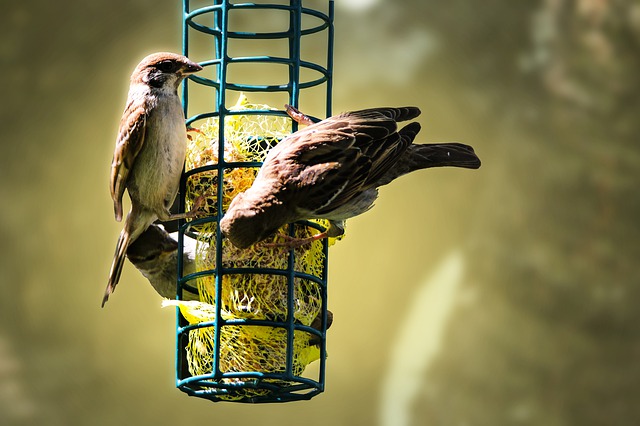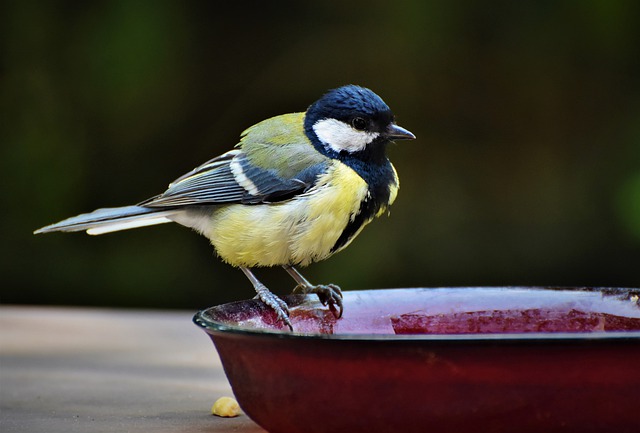One bird that has a hard time in winter is the songbird. Because food is scarce, they must stock up in late summer and fall and hope to survive the winter on what little food they have. However, during particularly harsh winters, many titmice, sparrows, and other birds often die.
However, we humans have the opportunity to help them by installing bird feeders. By doing so, birds can get the energy and nutrition they need and survive even in the worst of times. There are many types of bird feeders, but not all are suitable. There are rules to follow.
First and foremost, bird feeders should be placed in a quiet location that is easily accessible. It should be easily accessible, not only for the bird guests, but also for those of us who need to refill it regularly. They should also be placed so that predators, especially cats, cannot enter. They will easily find easy gathering places for their prey, and the result will be a massacre of birds.
Finally, shape must also be considered. It should allow several small visitors to enter and exit at once. It should also be protected by a roof or other means to prevent the piled food from falling through the snow.
Thus, a classical house form without walls is suitable. Hanging nets can also be used, but in this case care must be taken. There must be enough space around the net so that it does not hit trees or walls even in strong winds. At the same time, it should be checked regularly to ensure that winged creatures are not catching their feet.
As for food, human remains are completely unsuitable, even if they are old pastries or Christmas sweets. Birds may like them, but they provide little nutrition and are dangerous to them. We recommend a commercial mixed feed for birds, available at any store. That way you can be sure your little birds are getting all the nutrients and energy they need.
Overfeeding seems to have only benefits. In addition to the common titmice and sparrows, you may encounter rare species that you didn\’t even know existed in your area. They help tits and sparrows survive the winter and get rid of caterpillars in the spring. There are some drawbacks, however. Bird visitors can be somewhat vocal and are usually most active in the early morning. A further problem is that they are not the cleanest animals.
But you will be rewarded with their presence and the opportunity to observe them up close, which is rarely possible. And you may even discover a rare species that naturalists didn\’t know existed here until now!